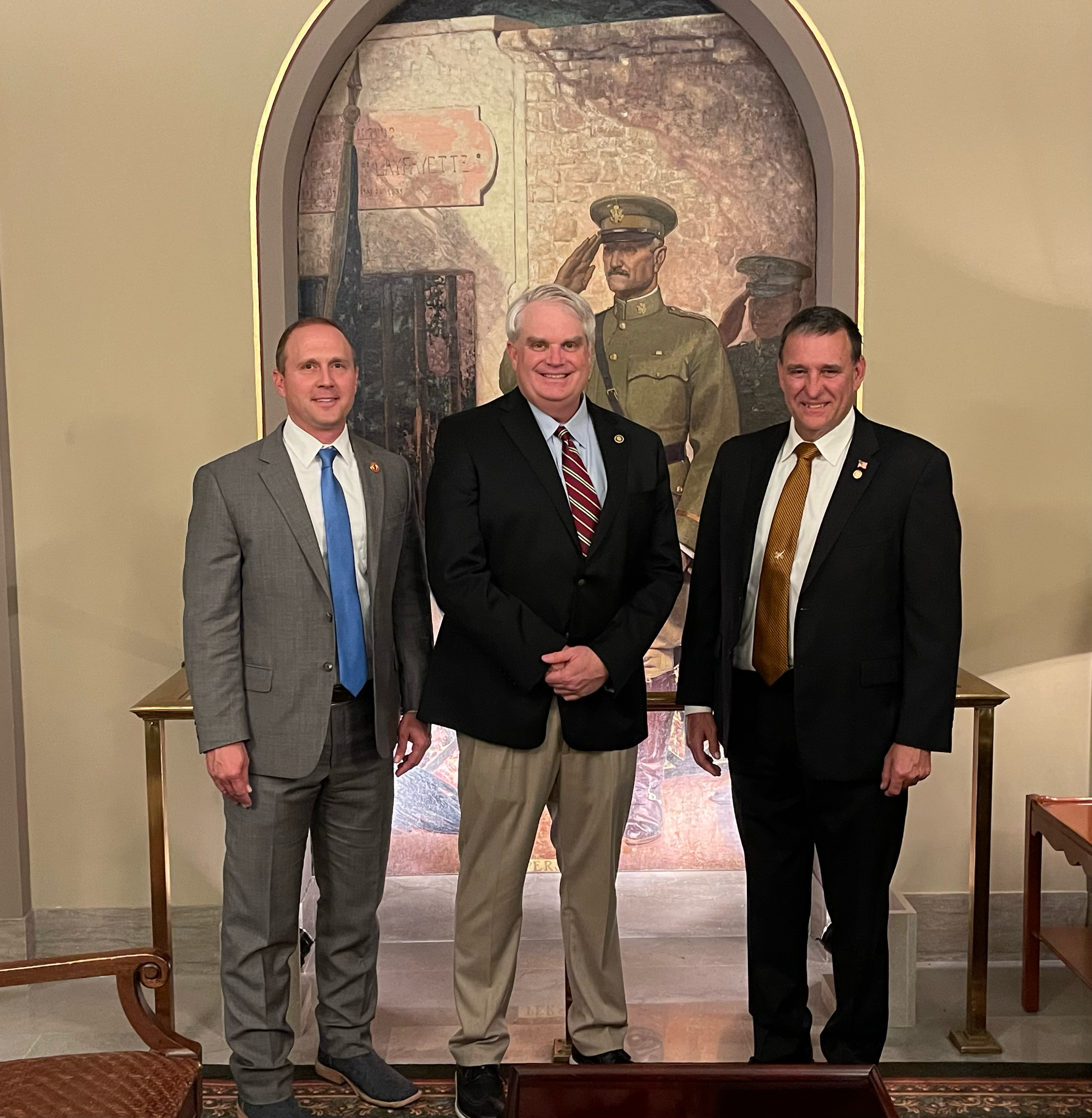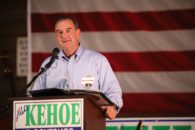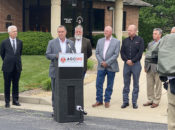CORRECTION: An earlier version of this story stated that HB 2005 will apply to future eminent domain proceedings. This has been corrected to say that HB 2005 will only apply to future transmission line projects.
Jefferson City, Mo. — Missouri farmers were given more power in eminent domain proceedings by a bill signed into law last weekend.
House Bill (HB) 2005 was signed by Gov. Mike Parson, guaranteeing greater protections for Missouri’s landowners in certain eminent domain cases.
Eminent domain refers to the authority of the government to seize private land, with compensation, for public use. In Missouri this generally means the seizing of rural farmland for infrastructure projects.
A 2005 Supreme Court case, Kelo vs. New London, set a precedent that the government can seize privately owned land to sell to private entities in the name of economic development for a public purpose. The decision created an outcry for states to set their own more strict eminent domain rules, which Missouri’s lawmakers did at the time.
The issue garnered additional attention in 2019 after the Missouri Public Service Commission granted the Grain Belt Express, a private entity, authority to exercise eminent domain to build its electric transmission line through Northern Missouri.
The original plan was to build the transmission line starting in Kansas, accessing the Sunflower State’s wind turbine electricity, through Missouri and Illinois and ending in Indiana to provide renewable energy to the Eastern market.
“The issue at hand in the legislature these many years, what was the fundamental question? Is it right for eminent domain to be used for private gain? Farmers, ranchers and landowners will unequivocally say that is not right,” Garret Hawkins, president of the Missouri Farm Bureau, said.
“And that was the question that we were trying to get answered through a legislative remedy the last few years — leading to the culmination of an eminent domain reform package this past session.”
The main concern of the bureau was the lack of energy Missourians would see from the transmission line. HB 2005 addresses that concern, requiring electric companies seeking to build infrastructure in Missouri to provide a proportional amount of energy to the amount of transmission line built in the state.
The bill also gives farmers more power in negotiations over their land. The floor for compensation is 150% of fair market value for their land, fair market value will be determined by the courts.
If a judge decides that “good faith negotiations” did not occur during compensation negotiations the case may then be dismissed, according to the bill. The condemning party will be required to reimburse the landowner for costs incurred.
“So at least a landowner knows up front because of these changes in state statute, they know that the negotiation now looks a little differently. And they also know that a project that is being proposed has to provide a proportional benefit to the state — That we’re not going to be a pass through to reach the east or west coast lucrative markets — they know that their fellow Missourians will benefit from from the project,” Hawkins said.
The bill does have some limitations. The new eminent domain rules in HB 2005 will only impact electric transmission line projects that are filed on or after Aug. 28. Meaning it will have no impact on the Grain Belt Express transmission line.
“The biggest disappointment was that this bill had to only be forward looking and did not capture the project that really brought attention to the whole issue of power transmission,” Hawkins said.
Invenergy, a Chicago based sustainable energy company, acquired the Grain Belt Express project in 2018 and have promised to provide more energy to Missouri than what was outlined in the original plans.
The bill also only sets specific rules for electric transmission lines, not eminent domain as a whole. In Hawkins’ view, HB 2005 is a good step forward, but not a cure-all.
Hawkins wants to seek possible legislative solutions on maintenance procedures of completed infrastructure projects in the future.
“I see a conversation about use of eminent domain with regard to other infrastructure projects,” Hawkins said. “I also see a conversation about property rights as it pertains to maintenance of projects that are in place. And what that relationship looks like between farmers, landowners, and utility companies.”
Featured Image: Missouri Farm Bureau president Garrett Hawkins with Sen. Jason Bean and Rep. Mike Haffner in Jefferson City on May 9. Bean and Haffner championed the eminent domain bill during spring session.

I’m a journalist hailing from the Detroit area. I love to tell investigative stories with a focus on everyday people.
You can contact me by email at matthew@missouritimes.com






























